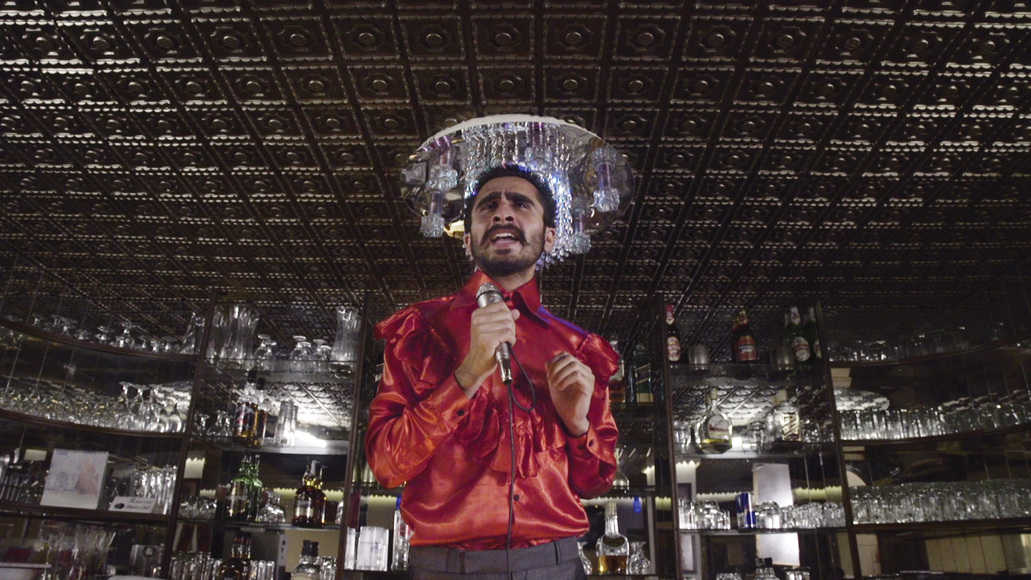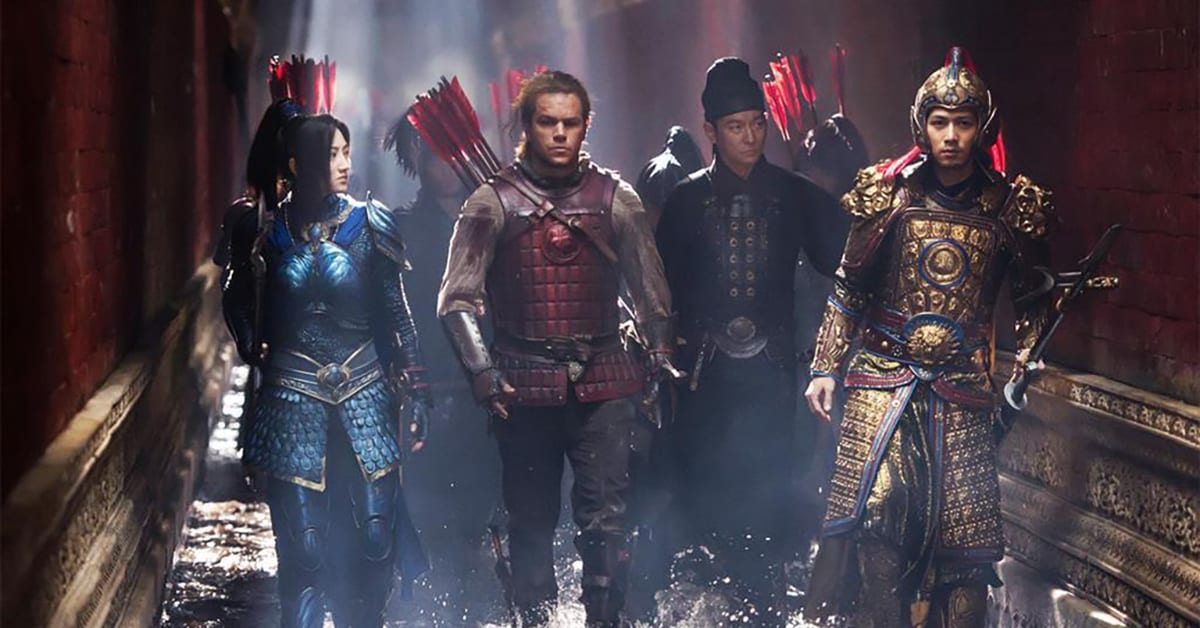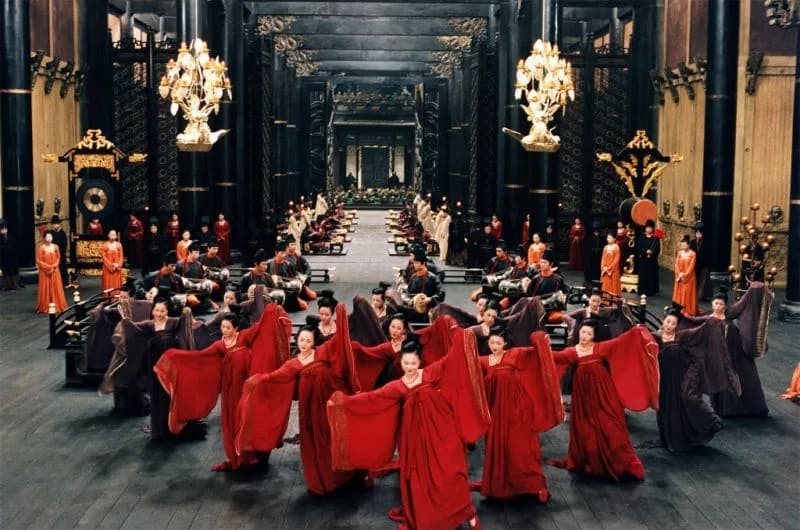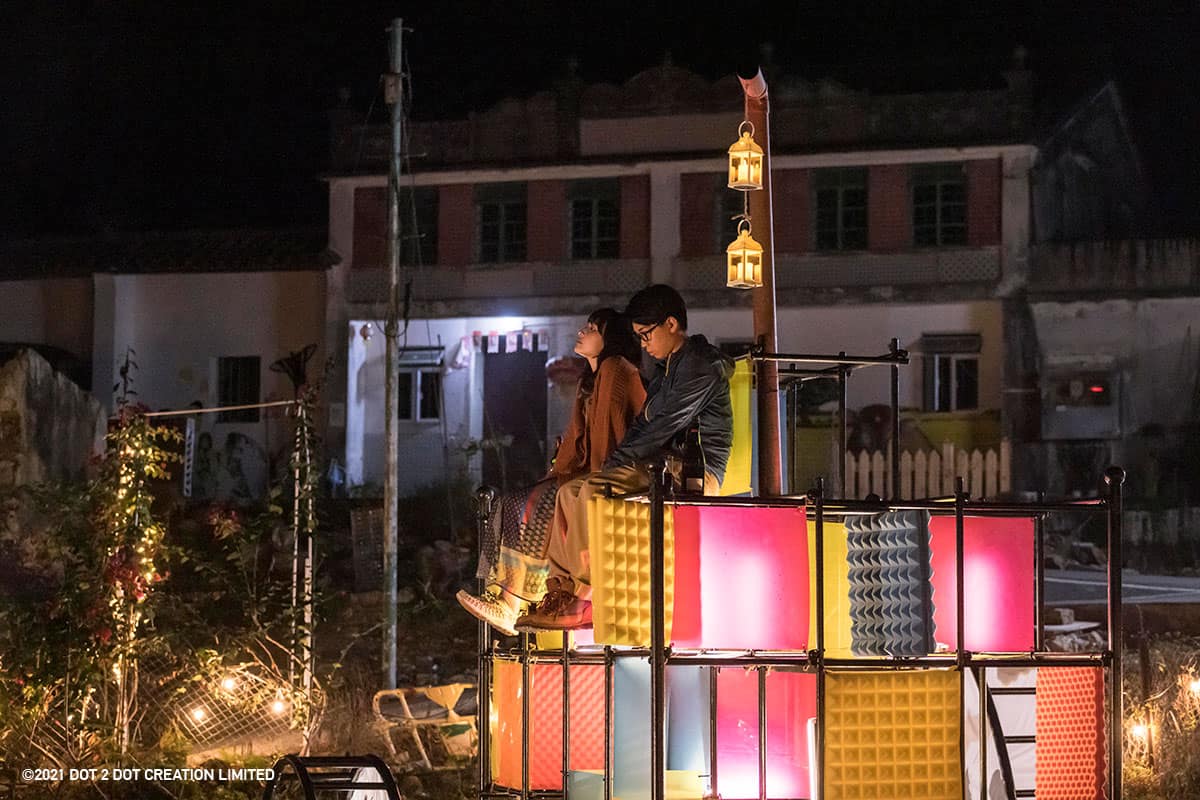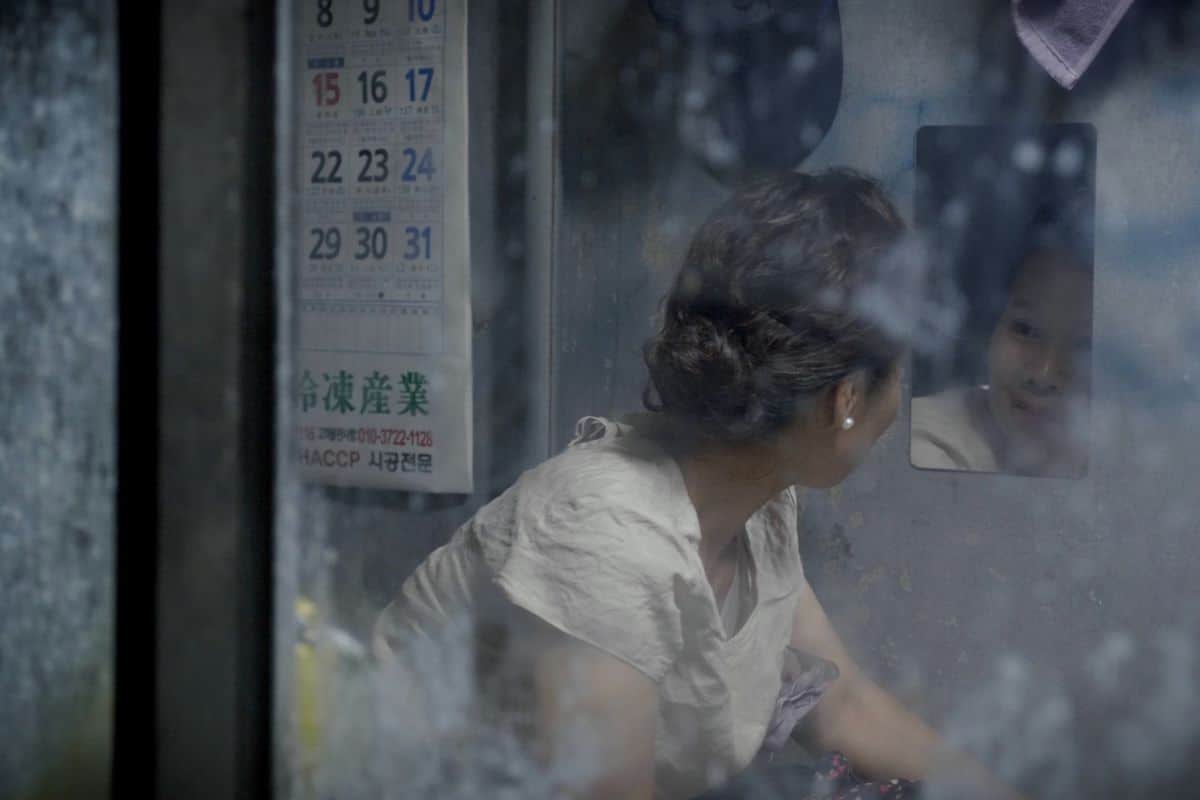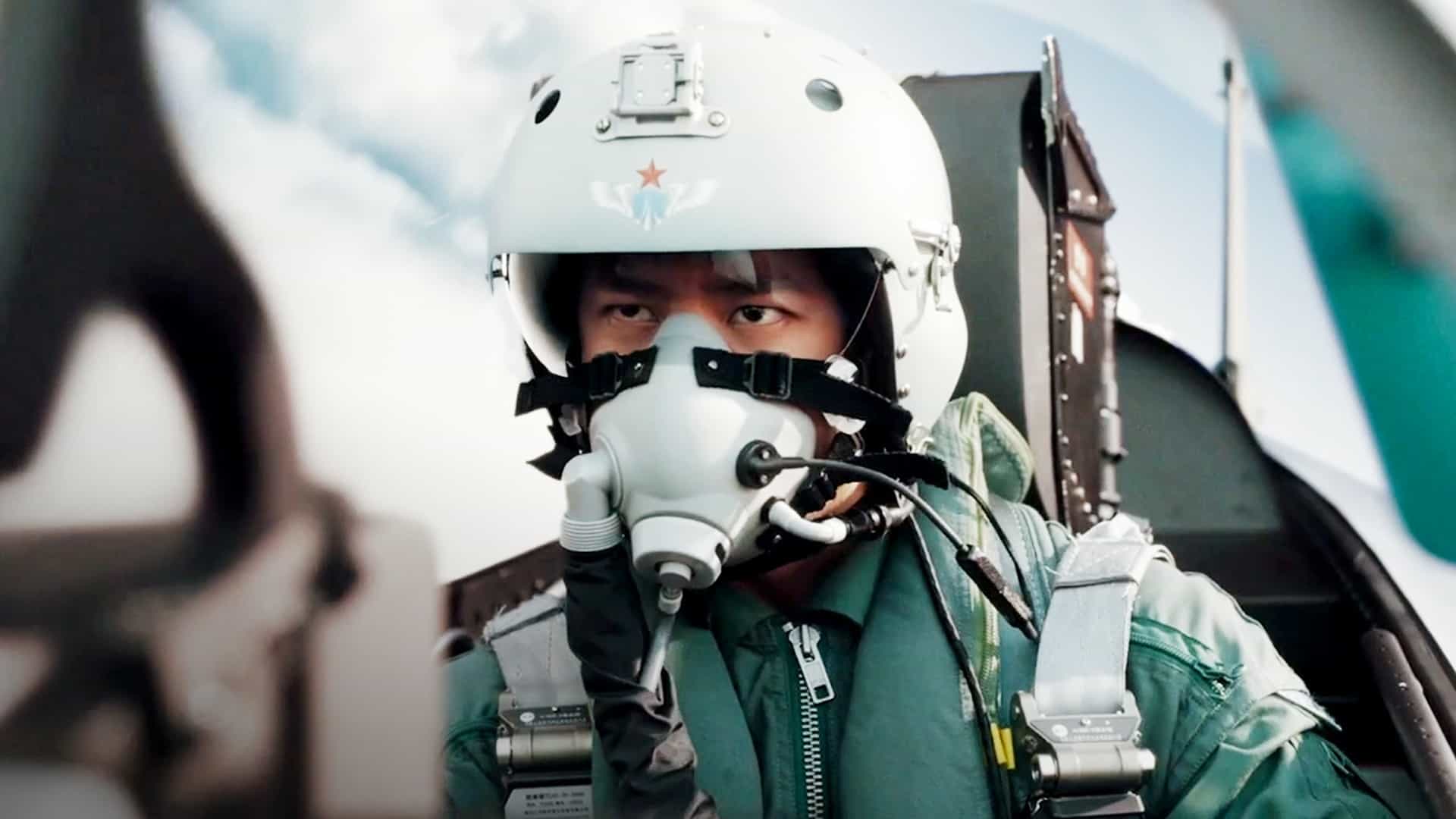Yurugu Matsumoto started his career as an assistant to many well-known directors, including Takashi Ishii and Nobuhiko Obayashi. Since 2017, he has been shooting his own films, with “Pay Phone” being the third, after “Mix” and “Gacha Gacha”

The short begins with two girls in their work uniforms, Saki and Nana, having lunch in a park. As the latter makes a rather annoying comment about women older than 30 having very little chance to get married (the percentage actually drops to 9% from 12% during the conversation) Saki's phone rings, indicating that someone is calling her from a payphone. It turns out it is her somewhat estranged father, who wants to meet. After a slight confusion that shows how self-centered Shizo is, the two meet at a restaurant, although for a brief time, as he has to catch the last train. A walk through the streets of the area during the night highlights their behaviour as the two finally understand each other.
Yurugu Matsumoto directs a delightful short that draws much from the fact that Saki seems to “transform” to daddy's little girl when he is around, it terms of expression, body stance and overall attitude. Rei Sugai portrays this concept excellently, while the antithesis with Takashi Irie's quite laconic and seemingly distant Shizo, is one of the best assets of the film. Through their brief interaction, Matsumoto makes a number of comments regarding the dysfunction of families in the contemporary Japanese society, but also highlights that these kind of bonds are actually too strong to be affected by factors such as attitude and distance. Particularly the finale, with the two surprises (one after the ending credits), shows how similar the two protagonists are, in another rather delightfully presented comment about parents and their children.
Naoya Ikeda's cinematography in cinemascope is quite good, with his framing of the empty streets at night adding much to the overall atmosphere of the film, and particularly the one where father and daughter are crossing a street being quite memorable. At the same time though, the coloring, especially inside the restaurant, could be a bit toned down, since the red and orange hues are almost unrealistically intense. This, however, is not as significant as to ruin the overall great work done in the production of the movie. Mitsuo Suzuki's subtle piano music is also quite fitting, while it induces the narrative with a sense of nostalgia that works quite well, as it mirrors the sentiments of both father and daughter and a sense of flimsiness, that is another of the main elements of the narrative.
“Pay Phone” is an excellent short, both in terms of context and technical execution, and a testament to the fact that Yurugu Matsumoto is ready to take the next step in his directorial career.



